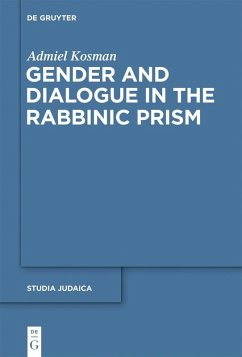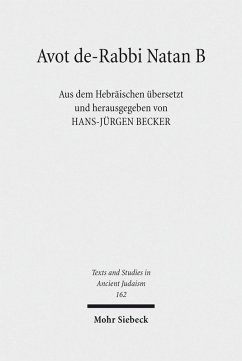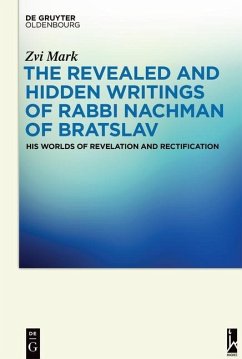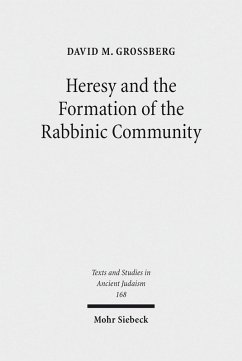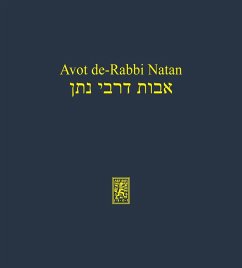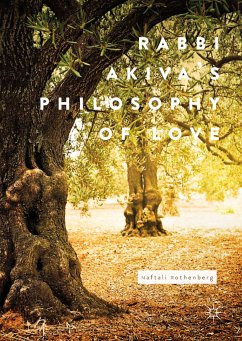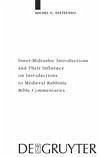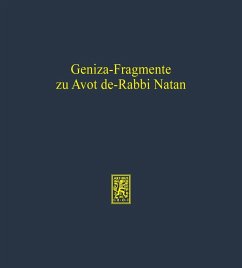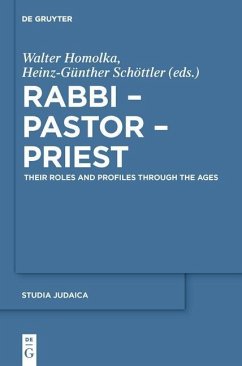
The Unique Judicial Vision of Rabbi Meir Simcha of Dvinsk (eBook, PDF)
Selected Discourses in Meshekh Hokhmah and Or Sameah
Redaktion: Basser, Herbert
Versandkostenfrei!
Sofort per Download lieferbar
130,95 €
inkl. MwSt.
Weitere Ausgaben:

PAYBACK Punkte
0 °P sammeln!
Analyzes the exceptional normative impact of R. Meir Simcha Hacohen's Biblical commentary, Meshekh Hokhmah, and his halakhic commentary, Or Sameah. Yitshak Cohen is an Associate Professor of Law and Senior Lecturer at the Ono Academic College Faculty of Law. He received rabbinic ordination from the Chief Rabbinate of Israel. In 2012 he was a Visiting Scholar at Columbia University Law School in New York, and in 2013 he served as a Visiting Professor at McGill University in Montreal. Cohen led various academic programs, including among them a law studies program for religious leaders at Ono Aca...
Analyzes the exceptional normative impact of R. Meir Simcha Hacohen's Biblical commentary, Meshekh Hokhmah, and his halakhic commentary, Or Sameah. Yitshak Cohen is an Associate Professor of Law and Senior Lecturer at the Ono Academic College Faculty of Law. He received rabbinic ordination from the Chief Rabbinate of Israel. In 2012 he was a Visiting Scholar at Columbia University Law School in New York, and in 2013 he served as a Visiting Professor at McGill University in Montreal. Cohen led various academic programs, including among them a law studies program for religious leaders at Ono Academic College and a Bar-Ilan University program for religious-secular relations. He has published numerous articles in his teaching and research fields of Jewish law, Family Law, and Civil Procedure. He is the Academic Director of the Ono Academic College Faculty of Law, Jerusalem Campus.
Dieser Download kann aus rechtlichen Gründen nur mit Rechnungsadresse in A, B, BG, CY, CZ, D, DK, EW, E, FIN, F, GR, HR, H, IRL, I, LT, L, LR, M, NL, PL, P, R, S, SLO, SK ausgeliefert werden.





